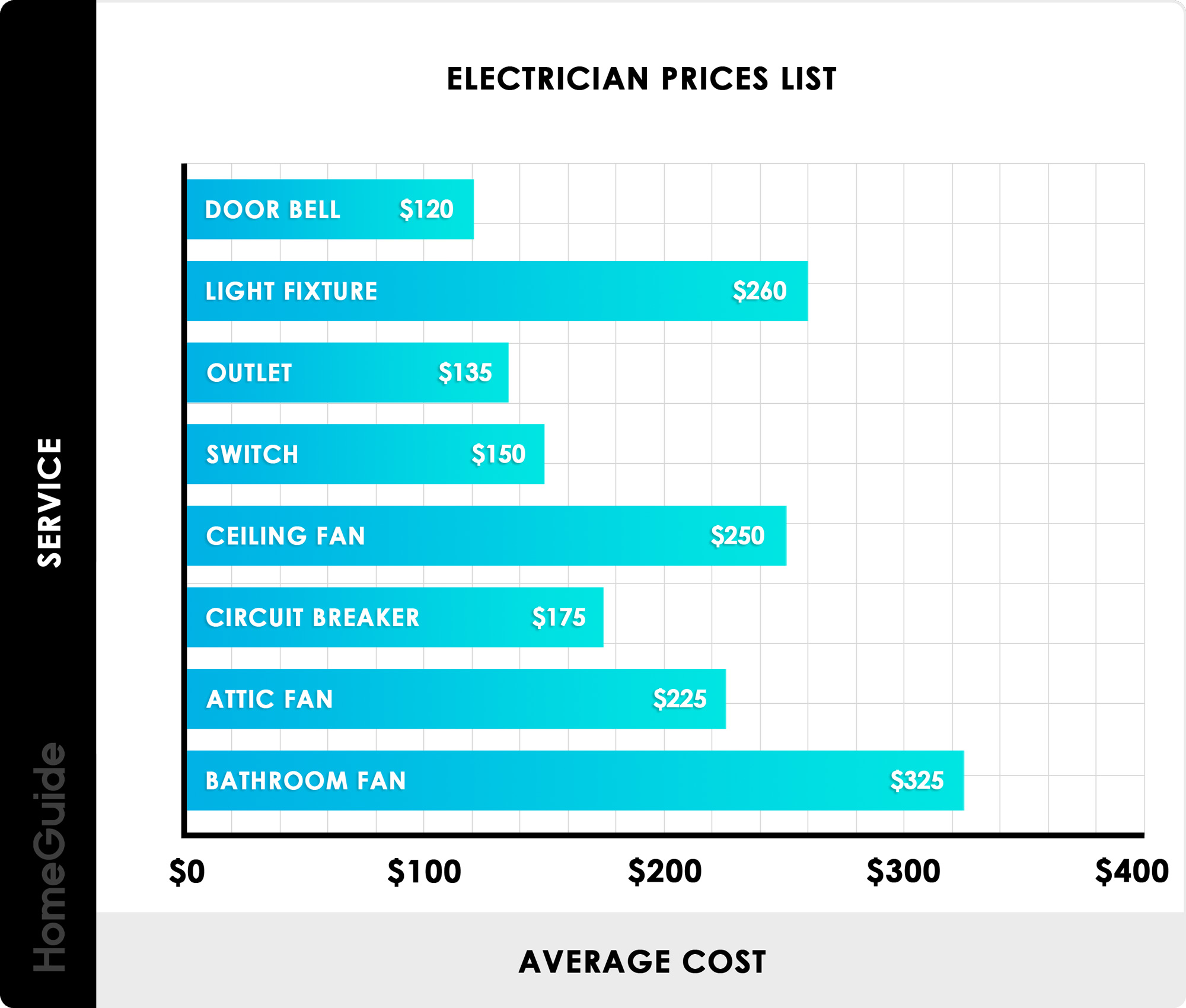
Plumbers are skilled workers who work with water pipes, drains and fixtures in homes, businesses, and factories. Plumbers can do everything from installing and maintaining appliances to replacing and repairing pipes. Plumbers use tools to cut holes in walls and ceilings, assemble fittings, and splice or solder copper or plastic pipes. You may be interested in entering a trade school or technical school to learn how to become a plumber.
According to the skills and experience of the plumber, his salary will vary. The average salary for plumbers in the United States amounts to $86,200 per the year. This is based upon data from the Bureau of Labor Statistics OES Survey. You can also find information on the career at the National Center for Construction Education and Research.
To become a licensed plumber you must pass both a written exam as well as a practical test. By taking additional courses, you can also get a master's level in plumbing. Several states require that you complete an apprenticeship program. It can take up to five years for the program to be completed.

An apprenticeship is an on-the-job training program that takes place within a real-world context. An experienced plumber will provide you with on-the job instruction, which can prove to be very beneficial in your learning of how to do your job. After your apprenticeship, you can become a master plumber.
You will need basic skills in reading, mathematics, science to be a plumber. A high school diploma, or a GED will be required. Employers often offer training on the job to help you prepare for your job.
Licensed plumbers are insured and are expected to have a background in local building codes. Most states require you to have a license in order to be allowed to work. They must pass drug tests and have no criminal records. You can expect to work forty-hours a week as a licensed plumber.
You will generally need at least a high-school education to become a successful plumber. A plumber with more industry experience and knowledge will earn more. Some common appliances a plumber works with are sinks, dishwashers, showers, and bathtubs.

A plumber who is successful will be able identify and fix problems in a system. He will also be able to communicate effectively. Plumbing technicians are often responsible for fixing leaks and pressure adjustments. Depending on your skill set, you can also specialize in different areas.
There are many companies and industries that you can work for. The salary of your job will depend on the company. Opportunities exist in the manufacturing and hospitality industries. These industries will continue to grow, allowing more people to need plumbers in the future.
Because of the new construction of homes, there is a growing demand for plumbers. In the next 10 years, home construction is expected increase by 233,000.
FAQ
Is a service agreement a warranty?
A service contract does not constitute a warranty. A service contract is an agreement between two people to exchange goods or services. In this instance, the customer agrees that he will cover the costs of replacement or repair if the product doesn't perform as expected. This contract is also called a maintenance contract.
Can I cancel my agreement at any time?
Yes. But you must do this within 14 calendar days of signing your contract. You can usually end your contract by notifying the contractor in writing at least 7 days before the contract's expiration date. But, you could still owe the contractor money if you give too little notice.
What does my SCA cover?
Your SCA will outline the specific scope of work required. This includes how long it will take to complete, what materials and equipment are needed, as well as whether any permits are required.
How much does it take to get building permission?
It will vary depending on where you live and how complex your project is. It also depends on whether your application is for permission to construct or extend an existing house. This can take several weeks so don't be surprised if you have to wait for everything to be completed.
Statistics
- Reasonable late fees go up to 25% per year on unpaid sums. (lawdepot.com)
- While we offer all our high-quality services at competitive prices, we know that many who need our services are on fixed incomes, so we offer a 10 percent discount for seniors and military members. (homeservicecontractorsinc.com)
- (1) Except as provided in paragraphs (a)(4) and (a)(8) of this section, if the estimated amount of the contract or subcontract is $10 million or more, the contracting officer shall request clearance from the appropriate OFCCP regional office before- (acquisition.gov)
- (ii) Name, address, and telephone number of each proposed first-tier subcontractor with a proposed subcontract estimated at $10 million or more. (acquisition.gov)
- (d) Contractor disputes related to compliance with its obligation shall be handled according to the rules, regulations, and relevant orders of the Secretary of Labor (see 41 CFR60-1.1). (acquisition.gov)
External Links
How To
What should a contract of service include?
Service agreements (SAs) are essential for any business relationship. It defines what you want from each other, and how you will get it. It also outlines when and where the other party must fulfill its contractual obligations.
These are the key components of a successful SA:
-
Both parties agree on the scope of work and the services they require.
-
Details about the payment terms.
-
The project price must be agreed.
-
Any additional costs like VAT etc.
-
Whether there is any other matter that should be discussed.
-
Who will be responsible if something goes wrong with the job?
-
How disputes will be settled
-
What happens when one party breaks the contract?
-
What happens if there is a dispute
-
When does the contract go into effect?
-
What happens when one of the parties doesn't perform?
-
What length of time will you be required to pay invoices
-
Who pays for travel expenses?
-
Where the money came from.
-
What happens if a client changes his mind?
-
What happens to the supplier if they don't show up.
-
Who has access during construction to the site?
-
What happens when the customer cancels a project?
-
What happens if a product is not as described?
-
What happens if a manufacturer refuses to provide parts?
-
What happens if the equipment breaks down.
-
What happens if the project is delayed?
-
What happens if the work isn't completed within the agreed timescale?
-
What happens if the project is not up to standard?
-
What happens if the cost overruns.
-
What happens if the materials aren't delivered on time.
-
What happens if your material arrives damaged?
-
What happens if the products aren't up to standard?
-
What happens if the job has to be canceled?
-
What happens if the company goes bankrupt?